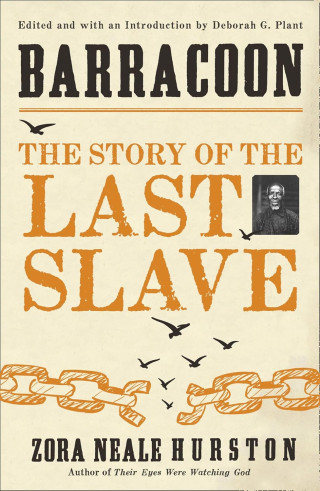One hundred and fifty-nine years ago, slave traders stole Lorna Gail Woods’ great-great grandfather from what is now Benin in West Africa. Her ancestor, Charlie Lewis, was brutally ripped from his homeland, along with 109 other Africans, and brought to Alabama on the Clotilda, the last known slave ship to arrive in the United States. Today, researchers confirmed that the remains of that vessel, long rumored to exist but elusive for decades, have been found along the Mobile River, near 12 Mile Island and just north of the Mobile Bay delta.
“The excitement and joy is overwhelming,” says Woods, in a voice trembling with emotion. She is 70 years old now. But she’s been hearing stories about her family history and the ship that tore them from their homeland since she was a child in Africatown, a small community just north of Mobile founded by the Clotilda’s survivors after the Civil War.
The authentication and confirmation of the Clotilda was led by the Alabama Historical Commission and SEARCH Inc., a group of maritime archaeologists and divers who specialize in historic shipwrecks. Last year, the Smithsonian’s National Museum of African American History and Culture’s Slave Wrecks Project (SWP) joined the effort to help involve the community of Africatown in the preservation of the history, explains Smithsonian curator and SWP co-director Paul Gardullo.
Two years ago, Gardullo says talks began about mounting a search for the Clotilda based on conversations with the descendants of the founders of Africatown. Then last year, it seemed that Ben Raines, a reporter with AL.com had found the Clotilda, but that wreck turned out to be too large to be the missing ship. Gardullo says everyone involved got moving on several fronts to deal with a complicated archaeological search process to find the real Clotilda.
“This was a search not only for a ship. This was a search to find our history and this was a search for identity, and this was a search for justice,” Gardullo explains. “This is a way of restoring truth to a story that is too often papered over. Africatown is a community that is economically blighted and there are reasons for that. Justice can involve recognition. Justice can involve things like hard, truthful talk about repair and reconciliation.”
